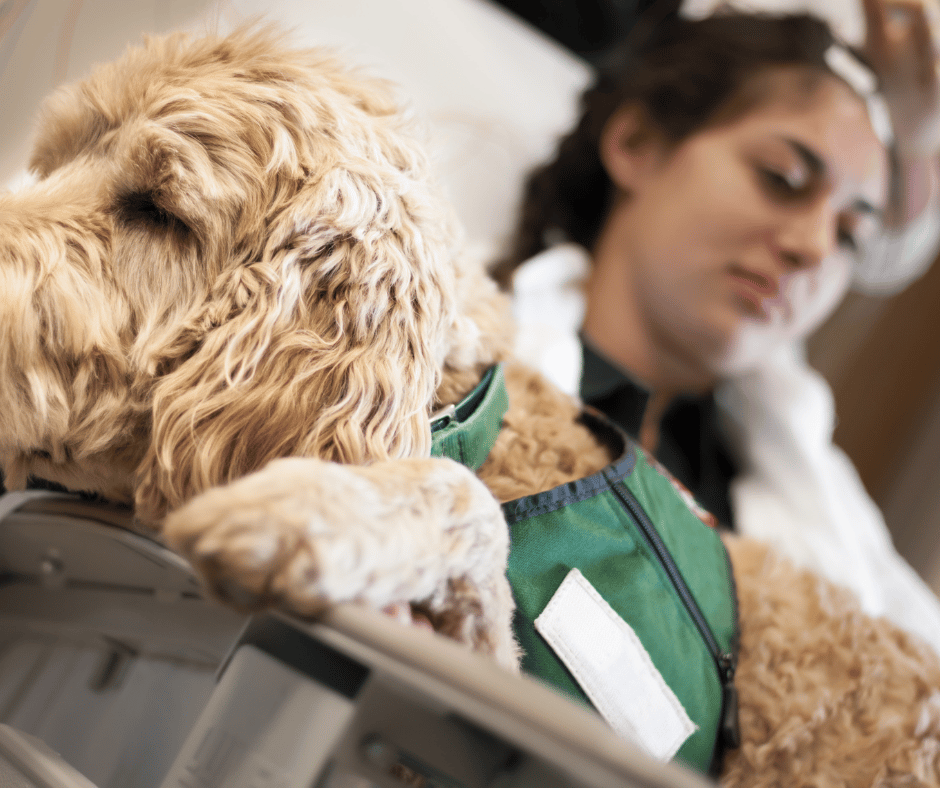The healing power of animals is not a new or revolutionary idea. For centuries, people have found solace in the presence of animals, and today pet therapy is becoming increasingly popular as an effective way to improve mental and emotional health. From providing companionship to easing anxiety and depression, there are countless benefits that come from spending quality time with our furry friends.

In this article, we will explore the various ways that pet therapy can help us cope with stress, reduce loneliness and provide comfort in times of need. We’ll also look at how interacting with animals can benefit those who are suffering from physical ailments as well as psychological ones. By understanding the positive effects animal-assisted therapies can have on our wellbeing, we can learn to appreciate the profound impact these special creatures make on our lives every day.
The health benefits of having a pet are well-documented. Studies have demonstrated that interacting with animals can reduce stress, improve mood, and even lower blood pressure. For example, holding a small animal like a guinea pig or hamster can provide comfort in anxious situations by releasing oxytocin—the “love hormone” which helps to create feelings of trust and safety.
Other studies have found that pet owners tend to be more physically active, leading to better overall physical health. Additionally, pets offer an unconditional acceptance that can help people feel less lonely and isolated when dealing with difficult life situations. Research has shown that the bond between humans and animals is not only comforting but also mentally restorative—especially for those suffering from depression or anxiety.
In addition to providing emotional support, pet therapy has been found to be effective in helping people cope with physical ailments. Animal-assisted therapies have been used to reduce pain and improve recovery times for those undergoing medical treatments such as chemotherapy or dialysis. Pets can also help encourage physical activity, which is important for improving overall physical health.

For seniors living alone, companionship from a pet can be especially beneficial. Studies show that older adults who own a pet are more likely to maintain healthy habits and take part in regular exercise than those without pets. In fact, having an animal companion can even reduce the risk of developing dementia later in life.
Ultimately, our furry friends provide us with much more than the occasional belly rub. From offering companionship to reducing stress and improving overall wellbeing, the healing power of animals is undeniable. With research continuing to support these positive effects, it’s clear that pet therapy may just be one of the best investments we can make in our own health.
